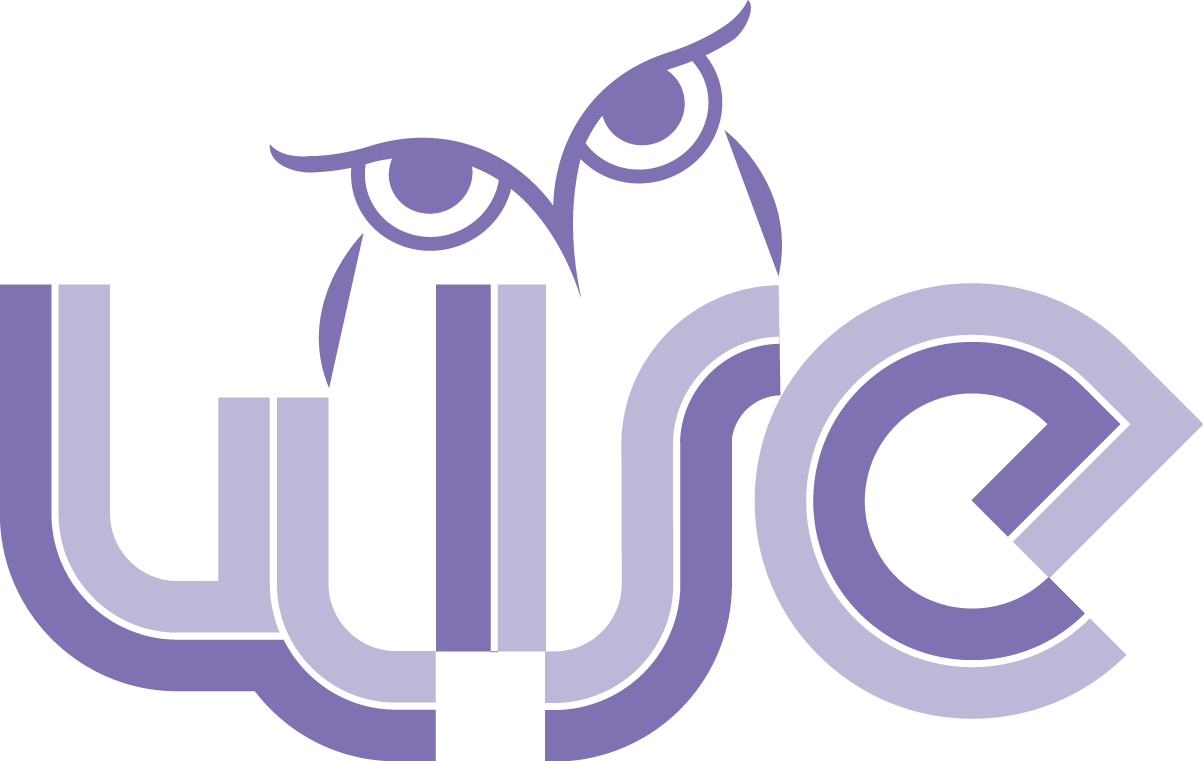Making Use of Defilement for Learning
I witnessed my mom talking to my nephew, encouraging him to eat more. However, he adamantly refused. Initially, everything seemed fine, but my mom persisted, trying to force him to eat. Each time she insisted, my nephew became increasingly distressed, eventually breaking down in tears.
Over time, I noticed a recurring pattern. Whenever my mom asked my nephew to do something he didn't like, he would react by crying. My mom would often inquire, "If you don't want to do it, why not just tell me? Why do you have to react this way?"
Observing this behavior repeatedly, I realized I shared this pattern, finding myself in both roles – the one reacting and the one compelling others to comply with my wishes. There were instances when I reacted similarly when feeling pressured, and there were times I was the one applying pressure.
Through the Three Meditator’s Jobs (3MJ), I consistently observed to learn further. When I found myself on the receiving end of coercion, I began to question my reactions. After repeatedly responding this way, I recognized a problematic cycle and asked myself, "Why do I have to react like this?" I understood that my mind had learned that throwing a tantrum led to getting my way. It was shocking to realize how the mind can learn in the wrong way and how dangerous this can be. The mind is a relentless learning machine, whether it's the right or wrong way.
This path of wisdom enables not taking it personally by stepping back and becoming aware of those reactions, their motivations, and how draining they were. There were also helpful prompts whether I could see the bigger picture, recognize errors, and the causative views involved. These revelations made me reconsider anger as a helpful tool. Rather than getting despair over anger as a resort, I now have an attitude of using it to learn.
Furthermore, I recognized the redundancy of anger. I believe that learning happens whether we are conscious of it or not. Still, without stepping back and observing, we cannot fully grasp the futility of anger.
I realized the question “Why do I have to react that way?” is the key. It initiates the process of investigation. Through this, there's recognition that the mind has learned erroneously, and that there is another way – a wise way: anger is not needed, I can just respond to convey what is necessary without feeling triggered by another. That is all. It is simple, straightforward, and freeing. It felt much like common sense. When this kind of wisdom happens, there is confidence to know this is the right learning.
In cases whereby I was the one who imposed on others, I could also recognize the heaviness, the harshness, and the rigidity of the mind attaching to the idea 'It must be like this'. It’s a most uncomfortable experience.
Having learned how suffering it was when being forced, I no longer wish to force another just because of having my way. There is a willingness to be alert and aware to recognize 'the wanting' and 'the forcing' whenever they are present; and not to follow them like before. It's not to reject them but to learn a little more about them. There's understanding of how detrimental they are, and letting go happens naturally.
I truly appreciate this journey of wisdom, of understanding, and learning from what is taking place without following or pushing away the defilements. Join me in this inspiring education.
In grace,
Hai Ly
24 Oct 2023

